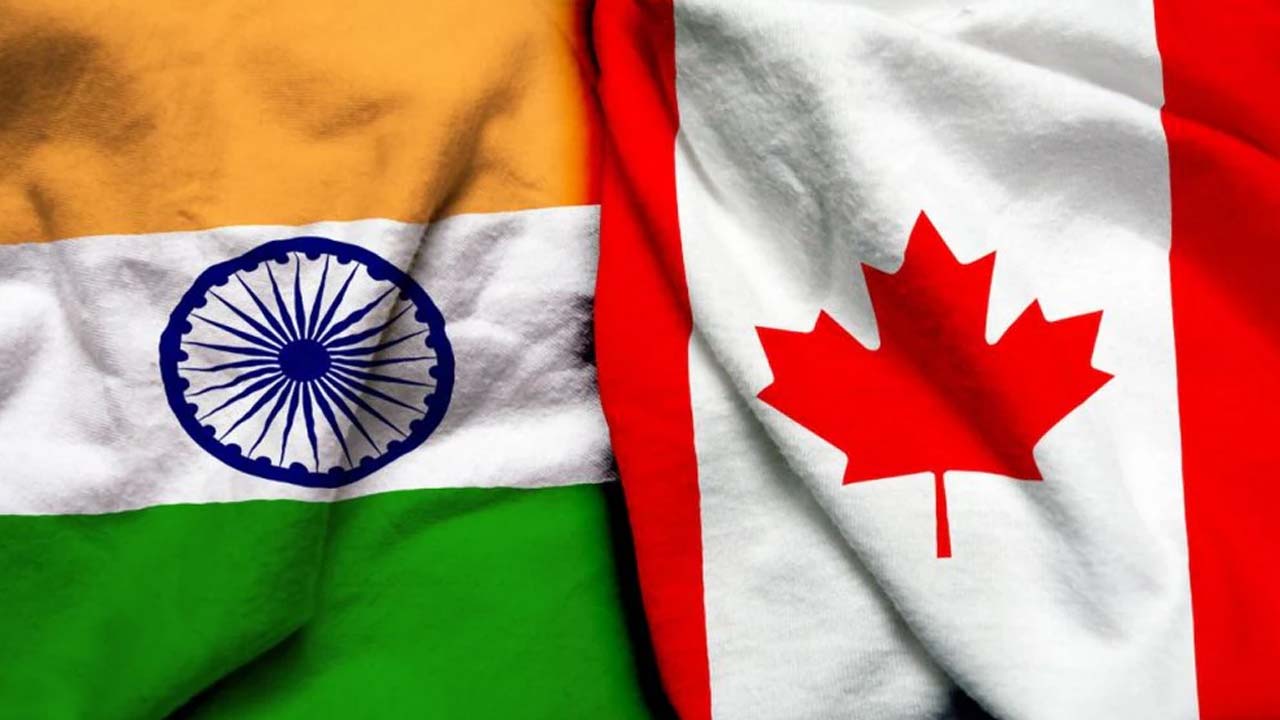
The escalating conflict between Canada and India over allegations of violence against Sikhs in Canada may lead to an increase in cyber espionage originating from India and could hinder immigration processes. However, analysts and experts believe that there will not be an immediate effect on trade between the two nations.
Concerns regarding the growing divide between Canada and India were raised after a senior Canadian official informed a parliamentary national security committee that Indian Minister of Home Affairs Amit Shah, a close confidant of Prime Minister Narendra Modi, was implicated as the architect of the purported schemes.
Although Indian officials dismissed these claims, the revelation could exacerbate a dispute that originated last year when Prime Minister Justin Trudeau presented credible evidence suggesting that Indian agents were linked to the shooting of Sikh leader Hardeep Singh Nijjar in British Columbia in June 2023.
In retaliation, Canada expelled six Indian diplomats earlier this month, accusing them of being involved in the incident, and four individuals have been charged in connection with Nijjar’s murder.
India is the largest source of temporary foreign workers and international students in Canada; however, since Trudeau’s accusations last year, there has been a growing backlog of applications.
Currently, Canada has only four immigration officials stationed in India, a reduction from 27 in October 2023, which hampers the country's ability to process visas locally, according to Immigration Minister Marc Miller.
“I have informed my parliamentary colleagues that the situation could deteriorate before it improves, and they should be prepared for that,” he stated in an interview last Friday.
This situation may result in a decrease in travel between the two nations for legitimate purposes, he added.
The Canadian signals intelligence agency, which monitors foreign cyber threats, indicated that India is likely already engaging in cyber activities against Canadian networks for espionage.
“As tensions potentially rise between Canada and India, it’s feasible that India might intensify its cyber threats against Canadians,” Caroline Xavier, head of Communications Security Establishment Canada, remarked at a Wednesday press conference. The agency has previously categorized India as an emerging threat.
On the diplomatic side, Ottawa is unlikely to impose additional punitive measures until further details regarding the Nijjar case are revealed, noted Vina Nadjibulla, vice president of the Asia Pacific Foundation of Canada think tank.
Cabinet ministers are scheduled to testify before the national security committee, and the murder trial for the four accused individuals has yet to commence, she highlighted.
“If charges are brought against individuals residing in India at any level, it could initiate an extradition process that may take years, and India is unlikely to cooperate,” she explained.
Officials from Trudeau’s office and Foreign Minister Melanie Joly have not responded to inquiries regarding potential future actions from Ottawa.




















